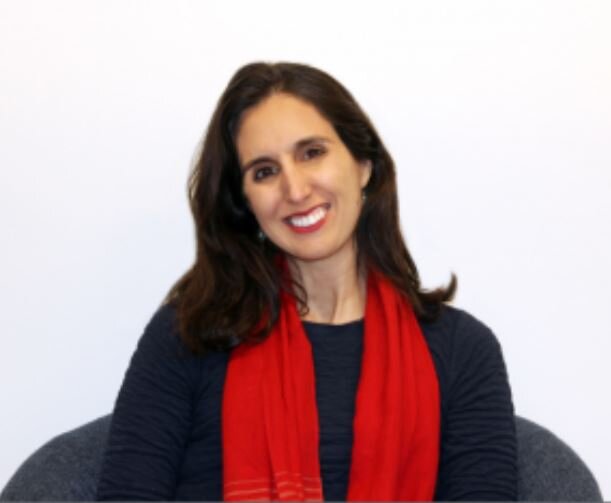Dear Community Foundation fundholder,
I hope this note finds you enjoying a happy and healthy start to your holiday season. Thanks to your continued care for our community, last quarter our community of givers awarded more than $17.6 million in grants to organizations serving our region and beyond.
At The Community Foundation, we remain focused on meeting our community’s evolving needs through the COVID-19 Emergency Response Fund. Last quarter, our work coordinating the region’s philanthropic response to this ongoing crisis included:
Joining The Morris & Gwendolyn Cafritz Foundation and eight other funders to launch the Arts Forward Fund, providing $1 million in relief to arts and culture organizations across the region.
Distributing more than $2 million from the DC Education Equity Fund to ensure students have the resources and materials they need to continue their education.
Raising over $500,000 through the Children’s Opportunity Fund to support learning hub scholarships for low-income students in Montgomery County to receive supervision and help with remote learning.
Partnering with FSC First and a generous donor to launch a $1 million grants program to provide emergency relief to small businesses in Prince George’s County.
Partnering with Ikea to distribute over $1 million in funding to address childcare, unemployment, and food security in Montgomery and Prince George’s counties.
As our community continues to recover from this crisis, our goal is to work together to build a more equitable future for our region. We are approaching this work by listening to and learning from our community.
This summer, through our VoicesDMV initiative, we released new data from our Community Insights survey of residents conducted by Gallup, and launched a series of Social Justice Town Halls to unpack findings related to inequities in housing, education, employment, food access, and entrepreneurship. Earlier this month, we brought together residents from across the region for On the Table conversations to discuss and reimagine the future of our communities. Now, we are offering Community Action Awards – small grants to help individuals and nonprofits implement ideas to improve their neighborhoods.
In September, we partnered on the national launch of the Black Voices for Black Justice Fund. This innovative new fund is supporting Black leaders on the frontlines of shaping the urgent movement to build a fair, equitable, and anti-racist America. As a local partner to this national philanthropic initiative, we are proud to provide support for local Black leaders who are grassroots advocates, organizers, and emerging voices in the Greater Washington region.
With the end of year approaching, our staff can assist you with carrying out your philanthropic goals for 2020. Please be mindful of our December 18 deadline for your year-end grantmaking activities to ensure your recommended grantees receive their funds by December 31.
Your continued partnership and support are crucial as we seek to build thriving communities now and for generations to come. Thank you for standing with us!
Sincerely,
Tonia Wellons,
President and CEO
P.S. In case you missed our 2020 Annual Meeting or the release of our 2020 Annual Report, you can find the recording and resources here.
















